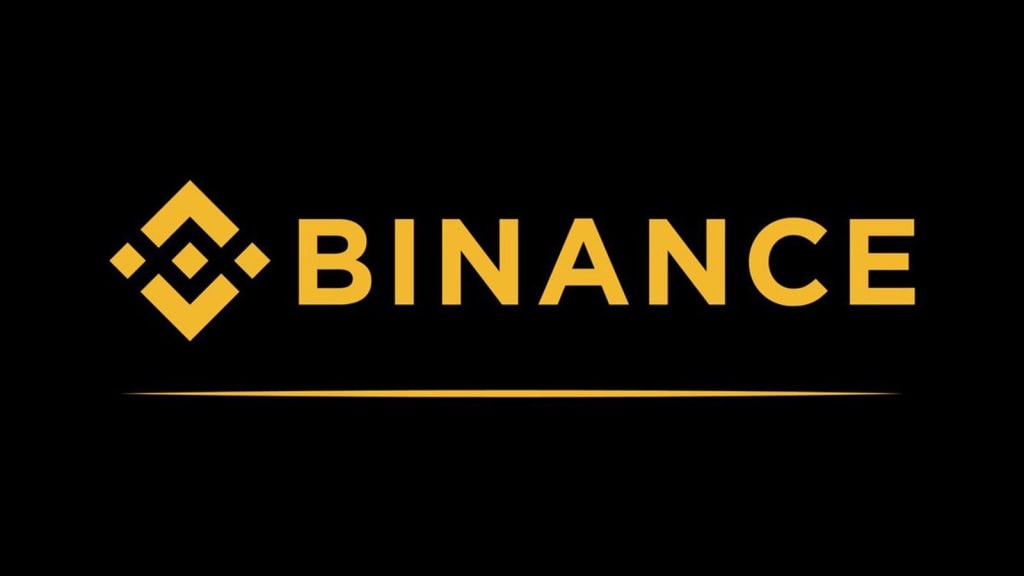The CFTC Comes for Binance
By Matt Levine March 27, 2023 at 11:39 AM PDT

Binance
A decent rule of thumb is that all cryptocurrency exchanges are doing crimes, and if you’re lucky your exchange is doing only process crimes. Today the US Commodity Futures Trading Commission sued Binance Holdings Ltd., Changpeng Zhao’s big crypto derivatives exchange, for letting Americans trade crypto derivatives. There are no accusations that Binance is stealing customer money, or even taking big risks with it, which makes Binance look better than some other crypto exchanges I could name. There are … look, there are not no accusations that Binance is laundering money for terrorists or secretly trading against its customers, but there are relatively few accusations like that; again, as crypto exchanges go, that’s pretty good.
No, the CFTC’s case is mainly about letting US customers trade crypto derivatives. It is illegal to run a crypto derivatives exchange in the US without registering it with the CFTC, and it’s not exactly easy to do that either; if you have a crypto derivatives exchange abroad but have not registered it in the US, it is illegal to let US customers trade on it. So the basic rule is that US customers can’t trade crypto derivatives, and big international crypto derivatives exchanges (Binance, FTX before it blew up) sometimes have US-only platforms (Binance US, FTX.us) that let US customers trade a limited set of products, but not most derivatives.
For retail customers this is probably fine: A crypto exchange can make a bit more money from retail gamblers if it offers them high-leverage futures trading, but there are plenty of gamblers in the world, and also you can make decent money from US traders just by letting them trade crypto for cash.
But it is a problem for a big exchange, because a lot of the big high-frequency market-making firms in financial markets happen to be in the US. If you want to run a global crypto exchange, or a global crypto futures exchange, you will want the big New York and Chicago high-frequency trading firms to make markets on your exchange, because that will make your exchange more liquid and your prices more accurate. And they will want to make markets on your exchange, because they will make more money that way. And they are big institutional trading firms with offices around the world and plenty of Cayman Islands subsidiaries, so if you were to say to them “hey technically we can’t offer our products to Chicago residents” they would say “no no no we are residents of the world of global capital, not Chicago, it’s fine.”
But it is not fine! The CFTC complaint contains a certain amount of retail-focused subterfuge. (Binance has a website that helps people understand how to trade on Binance, and the website had an explanation of how to use a virtual private network to log into Binance without disclosing that you are in the US, and the CFTC doesn’t like that. 1 ) But what is striking about the complaint is that it is mostly about how Binance offered trading services to large New York and Chicago high-frequency trading firms through their offshore subsidiaries. For instance 2 :
At some point before October 2020, Binance formalized its processes for instructing U.S. VIP customers on the best methods to evade Binance’s compliance controls in a corporate policy titled “VIP Handling.” Zhao contributed ideas that were incorporated into the VIP Handling policy. Pursuant to the VIP Handling policy, once a customer service representative “hands the affected user over to VIP,” the VIP team would “[m]ake sure the user has completed his/her new account creation with no U.S. documents allowed.” U.S. VIP customers often followed these instructions by submitting “new” KYC documentation associated with a shell company incorporated in a jurisdiction other than the United States, such as the British Virgin Islands, to act as the nominee for the “new” account. …
Binance’s VIP Handling policy also established methods for Binance personnel to troubleshoot for U.S. customers that were identified as such through their IP address (as opposed to KYC documentation). For these customers, Binance instructed its personnel to “[i]nform the user that the reason why he/she cant use our www.binance.com is because his/her IP is detected as US IP. If user doesn’t get the hint, indicate that IP is the sole reason why he/she can’t use .com” [emphasis in original]. Lim flagged a passage in the VIP Handling policy for his colleagues that further explained: “We cannot teach users how to circumvent the controls. If they figure it out on their own, its fine.”

ABOUT Matt Levine
is a Bloomberg Opinion columnist covering finance. He was an editor of Dealbreaker, an investment banker at Goldman Sachs, a mergers and acquisitions lawyer at Wachtell, Lipton, Rosen & Katz, and a clerk for the U.S. Court of Appeals for the 3rd Circuit. @matt_levine
About the Creator
Saad waqar
so this vocal posts or stories are only for educations purpose only to help people to know what is this media is providing sources to learn new skills and professions to us . i am hear to give little bit help from my stories
Thank You






Comments
There are no comments for this story
Be the first to respond and start the conversation.